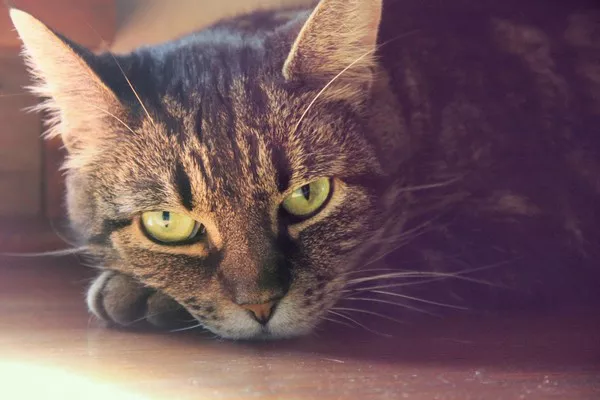BALTIMORE — Cat owners in Baltimore are being alerted about a potential risk to their pets from avian influenza, commonly known as bird flu. Researchers at the University of Maryland’s School of Public Health have identified a growing concern that the bird flu infecting cats could also pose a risk to humans.
How Are Cats Getting the Virus?
“Small animals like rodents and birds, which cats may prey upon, are common sources of the virus. Additionally, on farms, cats may consume unpasteurized milk byproducts,” explained Ian Bemis, a PhD candidate at UMD School of Public Health.
The researchers made this discovery while analyzing over 20 years of data. “This is preliminary research for the future studies we’ll be conducting, specifically looking at avian influenza and animal shelters,” said Bemis.
Bird Flu and Humans
Currently, bird flu is not contagious between humans. However, the research revealed an increase in domestic cat infections starting in 2023, raising concerns that the virus could potentially mutate and become infectious to humans. “There is a risk, and there have been documented cases. However, for all the cats and people in the world, it’s a very rare event,” noted Bemis.
Recommendations for Cat Owners
With the rise in bird flu infections among cats, Bemis advises cat owners to take precautions. “The best thing that can be done is keeping your cat indoors or avoiding letting your cats roam unsupervised outdoors,” he suggested.
Symptoms and Action Plan
Signs of bird flu in cats include neurological issues, difficulty walking, or breathing problems. If these symptoms are observed in your cat, the recommended course of action is to take it to the vet immediately.
Cat owners are urged to remain vigilant and take steps to protect their pets from potential exposure to avian influenza.



























